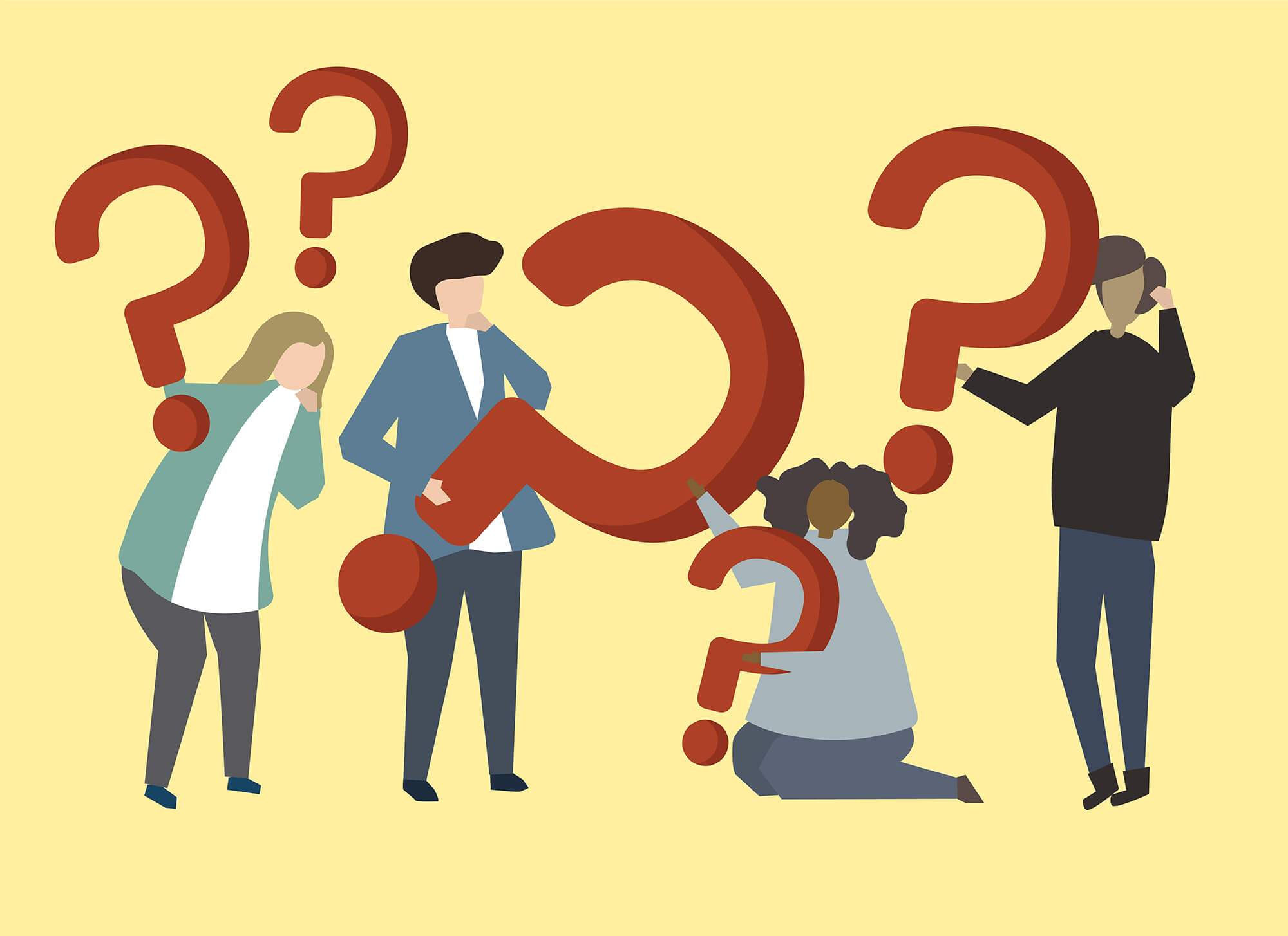How Your Sleep Changes as You Age
September is Healthy Aging Month. Aging typically brings wisdom, financial stability and senior discounts. It also brings about one troublesome problem: issues with sleep. As we get older, changes to our sleep patterns are a part of the aging process. As people age they tend to have a harder time falling asleep and more trouble staying asleep than compared to their younger years. While many believe that a need for sleep declines with age, that is a misconception. Most healthy older adults age 65 or older need 7-8 hours of sleep each night (Source: American Academy of Family Physicians).
Common sleep changes in older adults include:
- Insomnia
- Getting tired earlier in the day
- Waking up earlier in the morning (before your alarm or when you typically wake)
- Waking up in the middle of the night and not being able to fall back asleep
Sleep Phase Syndrome
Older people tend to be sleepier in the early evening and wake earlier in the morning compared to young adults.
This pattern is called advanced “sleep phase syndrome.” The sleep rhythm is shifted forward so that 7 or 8 hours of sleep are still obtained, but a person will wake up extremely early because they have gone to sleep quite early.
Menopause
Women entering the age of menopause often also start to experience issues with sleep.
Peri-menopausal and post-menopausal women report the most sleeping problems. Including hot flashes, mood disorders, insomnia and sleep-disordered breathing. Post-menopausal women are less satisfied with their sleep with as many as 61% reporting insomnia symptoms.
Snoring is also more common and severe in post-menopausal women. Learn more about Women & Snoring.
Side Effects of Poor Sleep
Older adults who don’t get quality sleep are more likely to suffer from problems such as memory, inability to pay attention, depression, excessive sleepiness during the day, and experience more falls.
Lack of sleep can also lead to an increased risk of heart disease, diabetes, weight gain, and breast cancer in women. Obstructive sleep apnea (OSA) is also more common among older adults. OSA can increase a persons risk for high blood pressure, strokes, heart disease, and cognitive problems. A well-known symptom of obstructive sleep apnea is snoring. Read more.
What You Can Do
Many adults try various solutions, including prescription medication. While many older adults (1 in 3 to be exact) report taking a prescription sleep aid, new studies show that it is not recommended. Medication can increase the risk of confusion, dizziness, and memory issues that can lead to falls, car accidents, and more in the elderly.
ZQuiet offers many solutions to combat sleep issues where snoring is a first symptom, most notably our anti-snoring mouthpiece. The mouthpiece widens the airway by gently advancing your lower jaw. Widening the airspace in the back of the throat reduces the vibration of the surrounding soft tissue.
Find a snoring solution with ZQuiet.


